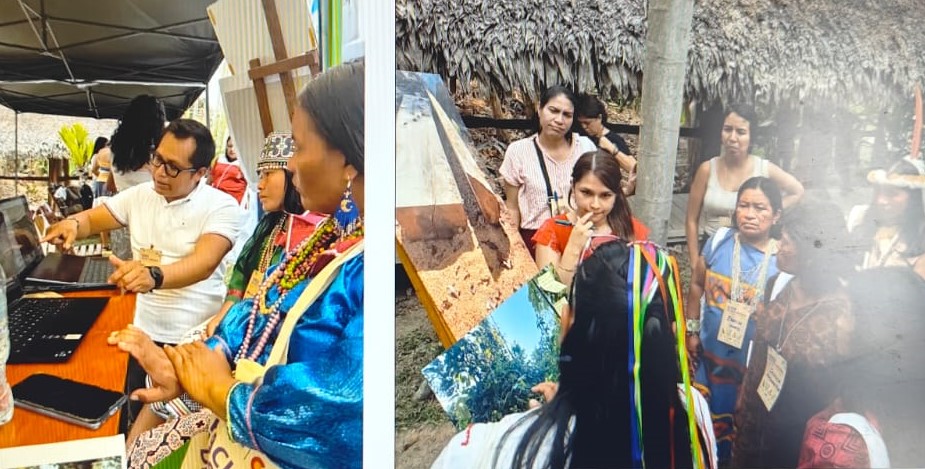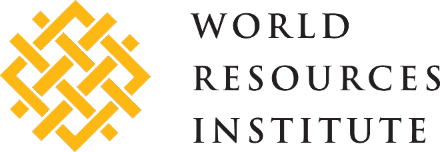Knowledge exchange empowers Indigenous Peoples in the fight against nature crime

Forest monitoring technologies and the value of information networks were central to a recent Indigenous Peoples knowledge exchange, organised by the Nature Crime Alliance Secretariat.
More than 20 representatives from 11 Indigenous Peoples organisations joined the session, aimed at supporting and empowering frontline defenders. It was convened as part of the Nature Crime Alliance’s Working Group for Indigenous People and Frontline Defenders (WGIPFD), organised in partnership with Indigenous Peoples’ Rights International (IPRI).
The session, on 12 March, provided an introduction to satellite monitoring technologies, with Ruth Nogueron, World Resources Institute, giving an overview of the Global Forest Watch (GFW) platform.
Harnessing knowledge
Betty Rubio, a community leader from the Loreto region of Peru, also shared her community’s experience in using GFW, as well as the wider importance of harnessing knowledge from different areas of Indigenous communities.
Participants from South America, Africa and Southeast Asia joined the session, which also demonstrated the value of partnerships in protecting territories by providing support between communities.
Giovanni Reyes, a Sagada-born Kankanaey Igorot from the Cordillera Region, of Northern Luzon, Philippines, emphasised the importance of consulting Indigenous elders, whose leadership has been instrumental in shaping and protecting many of the planet’s key biodiversity areas.
“It is important that our participation as Indigenous Peoples, laid out in terms of our decision-making processes and through our traditional governance system, be respected and upheld. Only when vital roles of Indigenous Peoples are fully acknowledged can global targets to reverse biodiversity loss and climate crisis successfully begin.”
The session was the latest in a series of knowledge exchanges facilitated by the Alliance’s working group, with future sessions planned on Indigenous journalism and improving relations with law enforcement, given Indigenous Peoples’ invaluable role in sharing local knowledge and intelligence.
Bolstering capacity
Tsveti Bandakova, Programme Manager for the Nature Crime Alliance Secretariat, said: “These sessions are aimed at bolstering the capacity of Indigenous Peoples and frontline defenders to ensure they have the tools and knowledge to protect their territories effectively, and to minimize risks to their communities.
“A key theme that emerged in this session was the importance of community-to-community knowledge sharing, and tying Indigenous knowledge with modern technologies, and this is something we aim to explore further in the working group.”
The WGIPFD was launched in 2024, and is organised in partnership with IPRI. Jo Ann, a Kankana-ey from Benguet, Philippines, the Coordinator of the WGIPFD commented: “The recognition of Indigenous Peoples’ leadership and wisdom in monitoring and reporting violations, abuses and nature crimes in our own lands and territories is an enabling factor to protect our forests, our lands and waters, our cultures – all these underpin our identity and well-being.”

